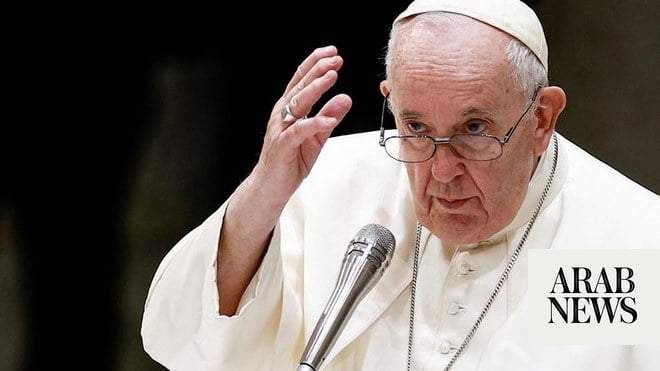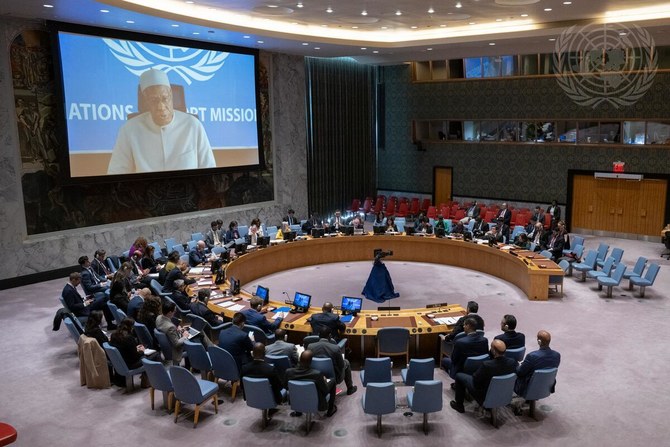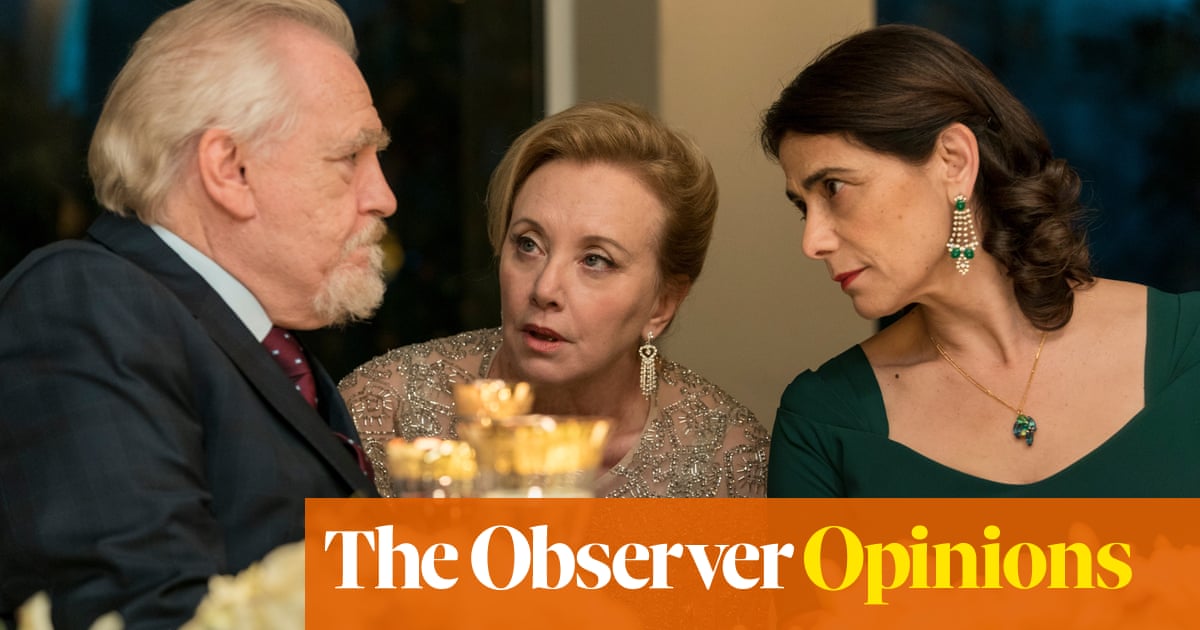
Despite high-level intervention by Jordan’s King Abdullah and US Secretary of State Antony Blinken, the situation at Al-Aqsa is anything but peaceful. The second Friday in Ramadan coincided this year with the beginning of the Jewish Passover holy week, as well as Good Friday for Christians who follow the Gregorian calendar.
Finger-pointing will no doubt take place for some time, but the reality as seen on live videos and social media clips shows a well-armed Israeli security unit forcing its way into Islam’s third-holiest mosque with no specific reason except perhaps to show off that they are in control of a holy site that has been a Muslim place of worship for nearly 1,200 years.
Israeli political leaders, especially Prime Minister Naftali Bennett, are playing a dangerous game trying to accommodate extreme ideological positions while also having the responsibility of being heads of state who need to provide security and stability for all the people under their power.
It is possible that the die was cast even before this sensitive Friday arrived. Actions in different parts of Israel/Palestine, political statements, slow reaction to sensitive issues and lack of continuous coordination all contributed to the tension that had been building up. But in the final analysis the Israeli security forces had a choice to make to act in a restrained way, and after the verbal cheering and sloganeering ended things would have been fine. However, they acted in the opposite way to prove once again — not clear to whom — that they are the party in charge. The result has only deepened the problem and done little to address the layered political and religious issues that are mostly self-made.
The weeks before last Friday saw a sharp increase in the cycle of violence throughout Israel and the occupied Palestinian territories. Since the beginning of 2022 Israeli soldiers have killed 40 Palestinians, including women and children. Palestinian gunmen have shot or stabbed 13 Israelis over the past three weeks.
This cycle of violence resulted in tensions throughout the occupied Palestinian territories. At almost every location where the Israeli army or settlers were, there were clashes with Palestinian protesters.
Palestinian resistance was based on the absence of a political horizon due to the stubborn rejection by the current Israeli prime minister of meeting and engaging with the Palestinian leadership on the future of the occupied areas. However, in the past few weeks, a much more dangerous element has been introduced — the religious element.
Israeli political leaders are playing a dangerous game trying to accommodate extreme ideological positions.
Daoud Kuttab
Brig. Gen. Roi Zweig told Israeli troops deployed in the occupied West Bank that their mission was “to restore the honor to this land and the people of Israel.” He invoked the Bible by telling Israeli soldiers near the Palestinian city of Nablus that it was “at this location that the land was promised to Abraham our patriarch.”
In Jerusalem, a much more sensitive issue was being created. A fringe Jewish group was calling on their followers to storm Al-Aqsa and sacrifice a lamb on Al-Aqsa esplanade. Cash prizes — the equivalent of a couple of thousands of dollars — were promised on a poster to anyone who could do this.
Both the Israeli general’s statement and the poster with the calls to sacrifice a Jewish lamb were widely circulated in Palestinian, Arab and Islamic outlets and on social media accounts. Even though at the last moment the Israeli prime minister’s office denied that Israel would allow any sacrifices on the esplanade of Al-Aqsa, it was too late — the trust level was so low that it made little difference and Palestinians were ready for any action. Their demonstrations in the early morning hours could have passed without intervention but the bravado of the Israelis and their obsession with trying to break the Palestinians’ spirit left Jerusalem and the region in a huge mess.
After carrying out their destructive and repressive actions — including the injuries, the arrests, and the destruction of Al-Aqsa windows and property — Israeli security withdrew and allowed the Friday prayers to go on as usual. It was as if they did their deed and quickly wanted the world to forget what they had done.
At the end of the day, though the mosque is still where it is, the question as to who has ultimate control has not been settled even though existing agreements (the Ottoman Status Quo and the American-sponsored understanding of 2014) can still be used as a basis for a serious new approach that respects the rights of Muslims while allowing a limited and controlled opportunity for anyone, including Jews, to visit the mosque so long as they respect the wishes of the mosques’ custodians, the Hashemite family of Jordan. Will the Israeli leadership have the courage and the political will to do that? The events of Friday, April 15 provide a negative answer to that question.
• Daoud Kuttab is an award-winning Palestinian journalist and former Ferris professor of journalism at Princeton University.
Twitter: @daoudkuttab












